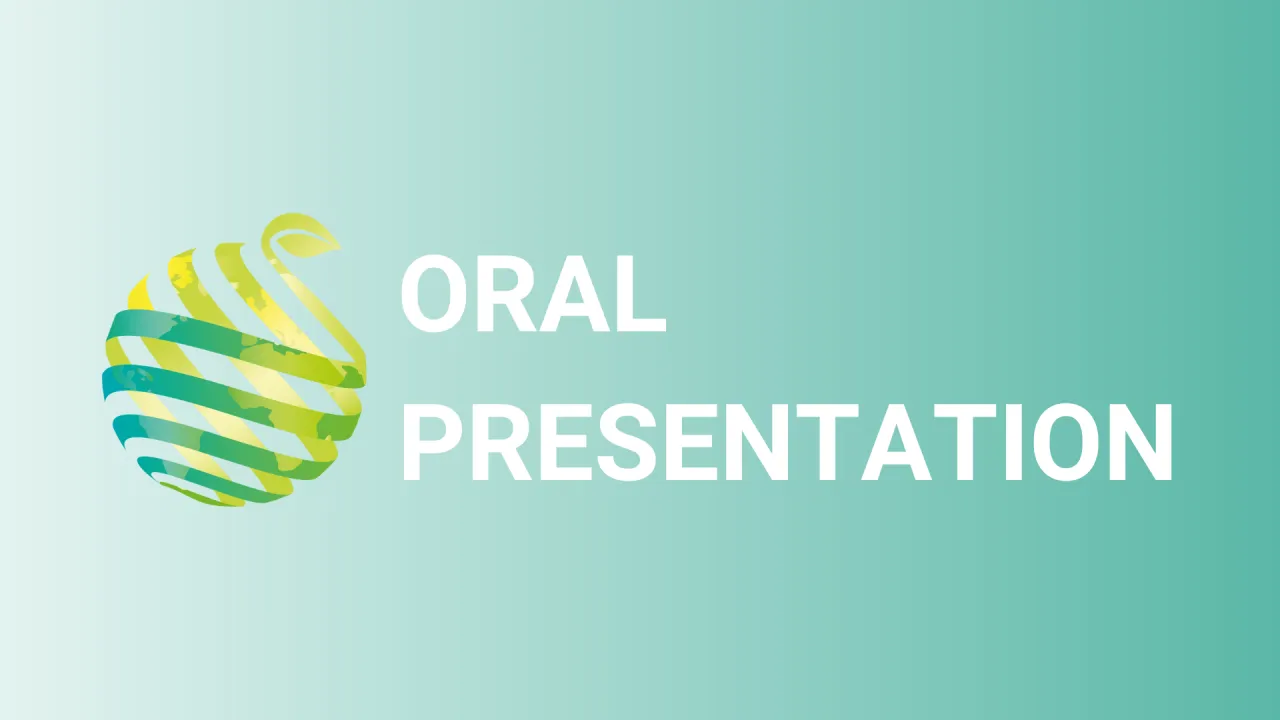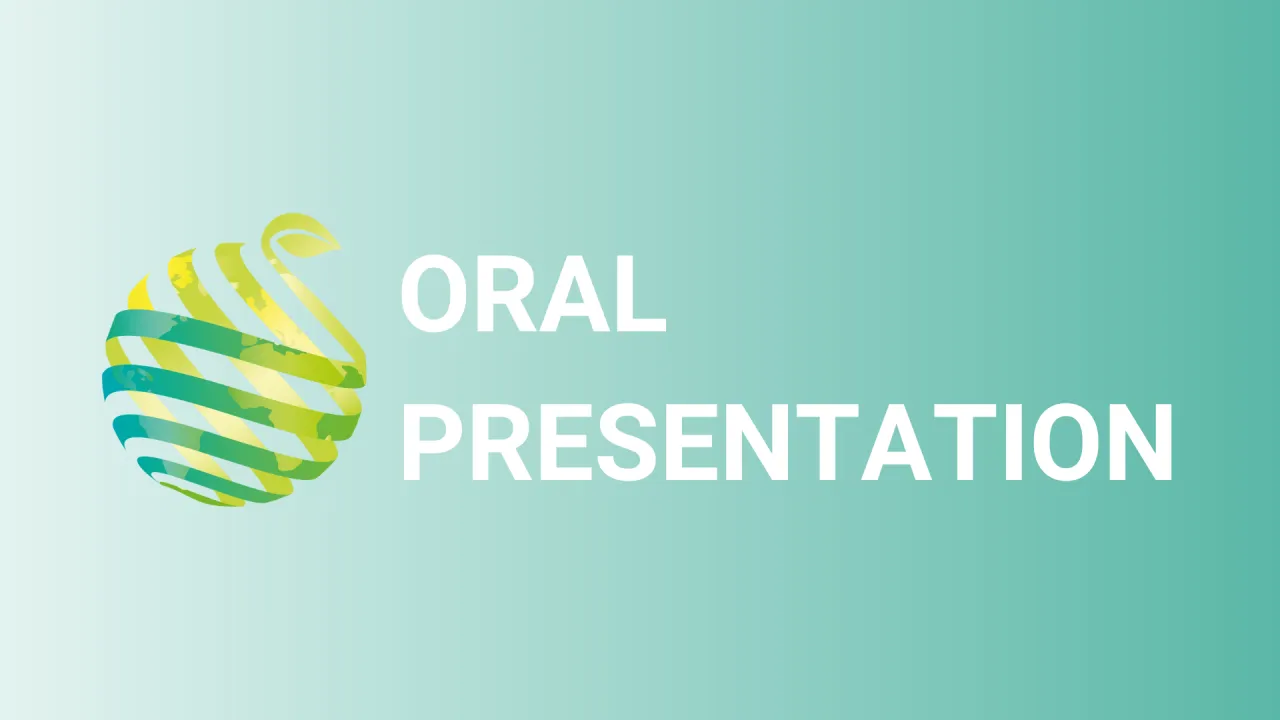

S09 - Session O2 - Do we still need to develop new tools to assess the sustainability of urban agriculture?
Information
Authors: Agnès Lelièvre *, Paola Clérino
Urban agriculture initiatives are increasing in numbers. Projects are being created on all continents and in all kinds of cities large or small. The Covid-19 crisis has also increased the awareness of public authorities to the participation of this agriculture to food provisioning for some populations but also for its participation to social resilience of the city. Studies have been done to evaluate the impact of urban agriculture on city sustainability and tools have been developed to measure it at several scales from the city to the project. The private sector has also begun to work on tools to evaluate the sustainability of urban agricultural projects to help public authorities and landowners choose project to install in new places. With such a plethora of tools, do we still need to work on this subject? As the existing tools do not work at the same scale, do not rely on the same goals of sustainability and are not always very transparent about their workings, the first step to answer this question is through a systematic review about published tools in scientific reviews but also an analysis of the existing grey literature. Our review will then compare the identified tools according to several criteria (scale, type of urban agriculture evaluated, sustainability dimensions studied, complexity/number/type of indicators, public availability…). This will enable us to identify both the conditions under which existing tools can be used, gaps in the existing pool of resources but also the gaps in knowledge to measure some part of UA sustainability and identified technical and organisation levers than can improve UA sustainability. This study will thus help the different stakeholders to identify tools adapted to their own uses or decide to create their own if necessary. As such it will be in itself a useful tool for all stakeholders in urban agriculture.